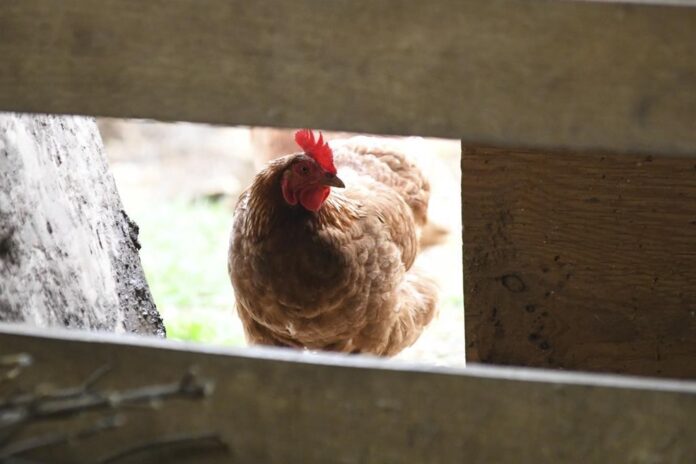Avian flu continues to spread around the globe and here in Canada.
Recent outbreaks have been confirmed on farms in British Columbia and Alberta by the Canadian Food Inspection Agency.
In early June, outbreaks were declared in small flocks at three widely-separated B.C. farms in Peace River, Sechelt and Summerland.
An additional commercial outbreak was reported in Langley Township on June 8 that brought the total number of infected farms in the province to 16.
Two small flocks in Alberta were also confirmed to have encountered outbreaks at the beginning of the month. The total number of cases in the province now stands at 31. A commercial poultry flock was also infected on April 6.
Saskatchewan saw an outbreak at the end of last month, on May 25, in a small poultry flock.
Ontario currently has 26 detections, with one non-poultry investigation from April revoked.
Meanwhile, in New Brunswick, the Canadian Food Inspection Agency ended restrictions that were imposed following the discovery of the avian influenza virus in the province in April.
Officials suspect migrating birds are responsible for the global outbreak. According to Harris Ali, a sociology professor at Toronto’s York University who researches infectious diseases, the virus is common in marine and aquatic birds like geese, seagulls and ducks.
Oftentimes, the virus will circulate among these types of birds and normally they won’t even be affected.
Trending Stories
Uvalde shooting survivor, 11, nearly suffers heart attack at friend’s memorial
Monkeypox: Vaccine recommended for Canadians at high risk of exposure
However, sometimes, as we’re seeing now, the virus will transmit to other types of birds, like chickens on farms, according to Ali. It’s transmitted through a bird’s fecal matter, mucous membranes and saliva.
“They don’t have any sort of immune function,” he said. “They get sick very quickly and sometimes they die.”
As birds tend to stick together in flocks, the virus becomes easily transmissible. This is also true at many factory farms.
“In these factory farms, where these animals are caged very close to each other, side-by-side in these conditions, it’s very easy for the virus to jump from one animal to the next.”
B.C. poultry and egg farmers increase safety measures to protect their birds from avian flu – May 11, 2022
Poultry farmers everywhere have been urged to maintain stringent infection control measures and to keep their flocks separate from wild birds.
In outbreak cases like Canada is currently seeing, even marine birds can get sick, Ali added.
The government of Canada has confirmed that avian flu is not a food safety concern. They’ve urged those with birds to frequently clean poultry coops, waterers and feeders, along with their own clothing and boots. They also say to limit exposure to visitors.
Although it’s rare, humans can sometimes get the avian flu, too.
The flu is able to transmit from bird to human, but it does not happen frequently, according to Ali.
Nikki Pike has multiple signs at her doorway advising visitors to take precautions against spreading avian flu to her flock of backyard hens.
Courtesy: Nikki Pike
“Right now, the general public shouldn’t be too concerned,” he said. “It’s not a pandemic like the COVID-19 virus or anything like that. We’re dealing with limited outbreaks, mostly among animals.”
Other animals like pigs, dogs and cats could also become infected by the avian flu, according to Ali.
— With files from the Canadian Press
© 2022 Global News, a division of Corus Entertainment Inc.



